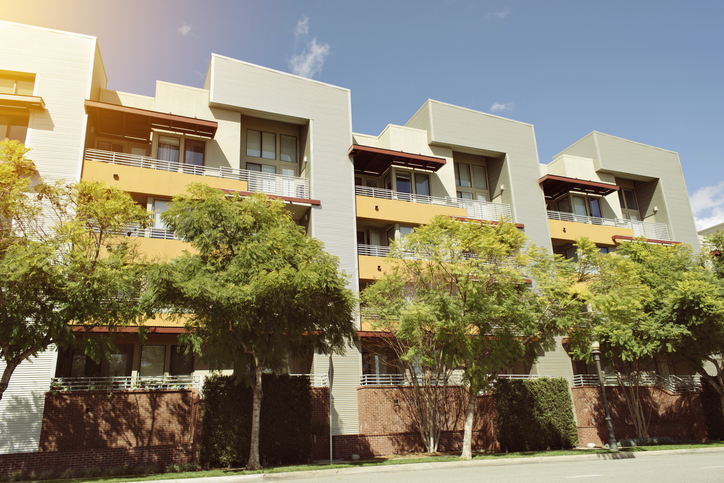
Real estate is always a worthwhile investment, and it stands to make some big returns. Commercial real estate investment offers even greater income streams. If you want to know how to invest in real estate and are interested in commercial property investment, then keep reading for our full guide.
What is a “Commercial Property”?
As the name implies, commercial property is considered to be property used for commercial or business purposes. As the owner of the property, you lease it out to commercial tenants, such as retail stores. Unlike with residential real estate, commercial investors lease their buildings and collect rent from the business that operates in the property instead of the individual tenants living there.
Getting Started with Commercial Real Estate Investment
The key to successful commercial property investment is due diligence. No matter what kind of sector you invest in, such as buying farmland as an investment or buying a townhouse as an investment, you need to do some research. Not only do you need to understand more about actually investing in commercial property, but you should also research the current market and the differences between retail and commercial real estate markets. Here are some tips to help you get started;
- Understand the Differences Between Commercial Real Estate and Residential Real Estate
You have to understand that commercial properties aren’t valued the same way as residential properties. Buying rental property is a bit different. The price of commercial real estate is primarily affected by how large the space is in terms of square footage. The leases for commercial property can also be much longer than residential property.
Another important consideration is the location of the property. Tenant type is also worth thinking about. Space – and who will occupy it – are the two factors that determine demand. Obviously, there needs to be demand for the property, or you’ll never succeed.
- Look at the Comparables
Check out the comparables around you and look into any potential future developments. These comparables (also called “comps”) are the prices paid for properties similar to yours in your area. Analyzing these comps helps to determine a fair market value for your investment. For commercial real estate, you should stick to properties within 10% of the square footage of your building.
- Use the Proper Success Metric
There’s a lot of calculations that go into commercial real estate. Here are some of the important formulas to know as an investor;
- Net Operating Income
This metric is calculated using the overall revenue and costs of a property. This is calculated before taxes, the net operating income gives investors an overview of how much their investment is making them (and what it costs). The operating costs of commercial investment generally cover property management, insurance, repairs, utilities, janitorial fees, and taxes, including property tax. - Cap Rate
This metric calculates the value of income-generating properties. This capitalization rate offers investors an estimate of their future cash flow and profit. It is basically the ratio of income to the asset value. - Cash on Cash
Commercial cash on cash refers to the rate of return for transactions that take place within the commercial property. Investors who purchase their property through financing rely on cash on cash as it offers an analysis of how the investment is performing.
- Net Operating Income
Common Commercial Real Estate Mistakes to Avoid
Knowing what not to do is often as important as knowing what to do. Here are the most common mistakes commercial investors make. Learn from them.
- Improper Valuation
The most common mistake people mistake is poorly valuing their property. Each property is unique, and so investors should account for those variables. Not accounting for the small details of property during valuation could make or break an investment. You should understand what you are buying, how much it is, and why it is that much. Being unable to accurately value property will lead to trouble with just about every step after purchase. - Financial Ignorance
Another common mistake – and one that ties into the first one – is not understanding finances. Investors should understand, at the very least, the difference between commercial and residential property. This includes understanding debt service coverage ratio (DSCR) and loan-to-value (LTV). - Not Doing Due Diligence
It takes a decisive person to be an investor. You have to know when to make your move and stick with it. That said, it’s better to lose a deal to someone else than take on a property you aren’t ready for. Always do your due diligence and make informed decisions.
Summary
Commercial property investment isn’t as difficult as it is made out to be, at least as long as you know what you are doing. Do your due diligence and work together with a team to get the job done properly.


